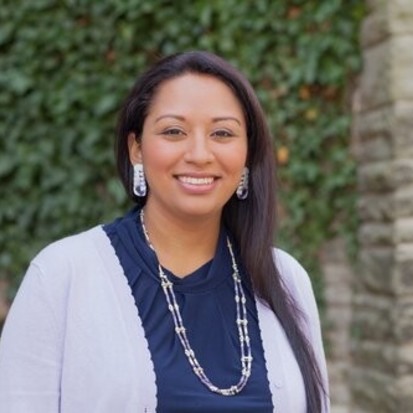In 2016, the country’s attention turned to Indigenous Water Protectors in North Dakota as they stood up against the construction of the Dakota Access Pipeline. Plans for the pipeline would have it cross multiple waterways and threaten the water for millions of people downriver, including the Standing Rock Indian Reservation. Thousands of Indigenous people from hundreds of tribal nations stood in solidarity, and made the journey to the Sacred Stone, Rosebud, or Oceti Sakowin camps. The hashtag #NoDAPL took over social media.
For many in this country, this event was their first glimpse into the fight over environmental justice by Native Americans. Yet, in reality, this fight has been ongoing for generations. The Great Lakes region is home to 21 percent of the world’s surface freshwater, and dozens of tribal nations have been key leaders in the movement to protect all of our waterways.
For the 2021 State of the Great Lakes, we will hear from Dr. Kelsey Leonard, a water scientist, legal scholar, policy expert, writer, and enrolled citizen of the Shinnecock Nation. Dr. Leonard is an Assistant Professor in the Faculty of Environment at the University of Waterloo, where her research focuses on Indigenous water justice and its climatic, territorial, and governance underpinnings.
Her recent scholarship explores legal personhood for water—a concept that may seem innovative or even radical for non-Native people. Yet is a core teaching for many Indigenous people of this country, where water is seen as a living relation. So, who gets legal rights? And how do we transform the way in which we value water?
Join us on Thursday, August 19 for a virtual conversation with Dr. Leonard, moderated by Dave Spratt, Chief Executive Officer for the Institute for Journalism & Natural Resources.
The livestream will be available beginning at 12:00 p.m. Have questions? Tweet them at @TheCityClub or send a text to 330.541.5794.

